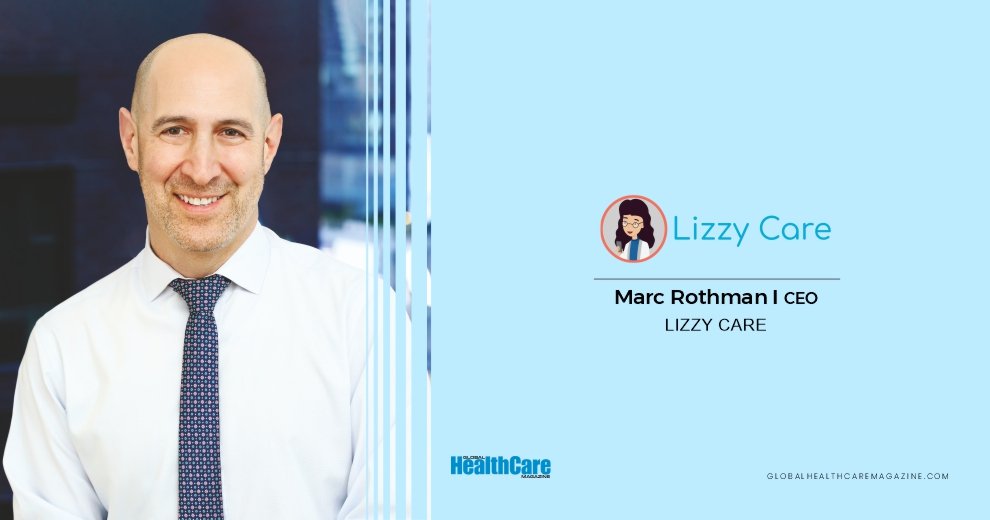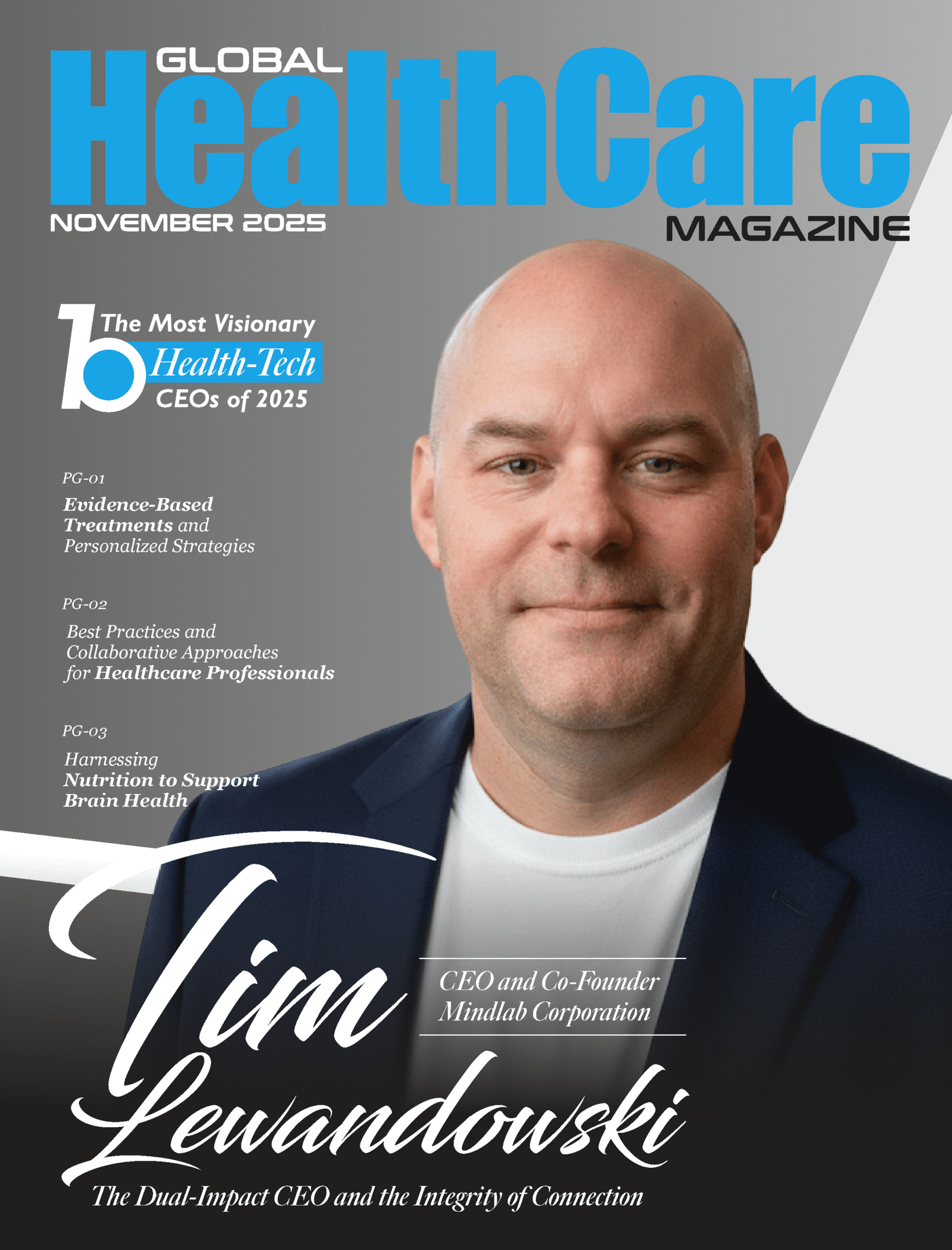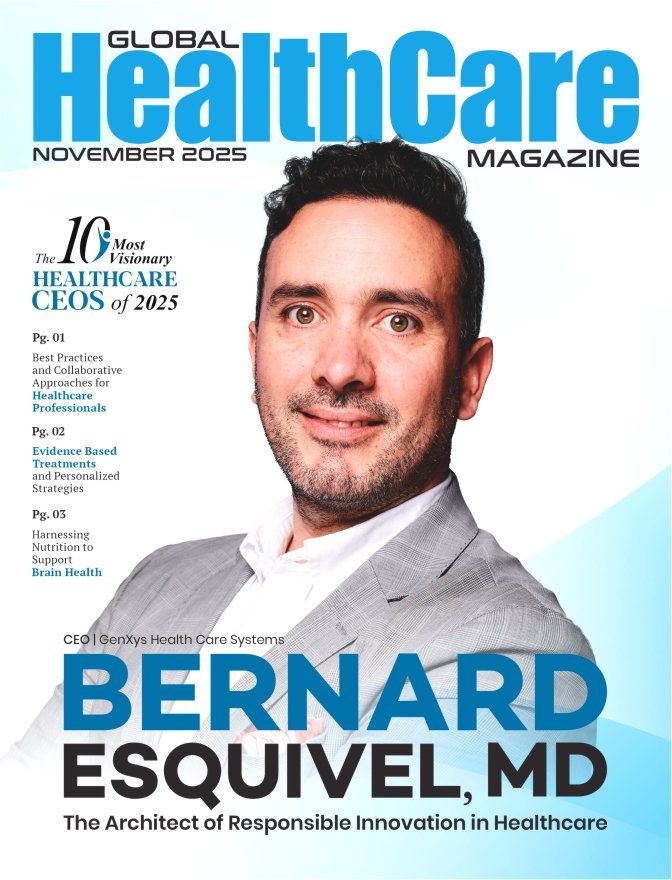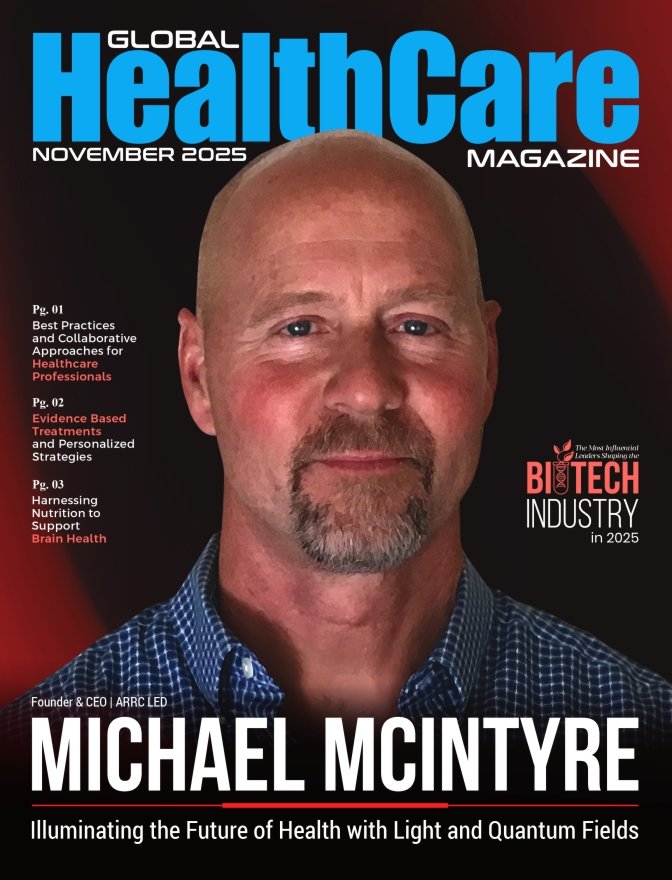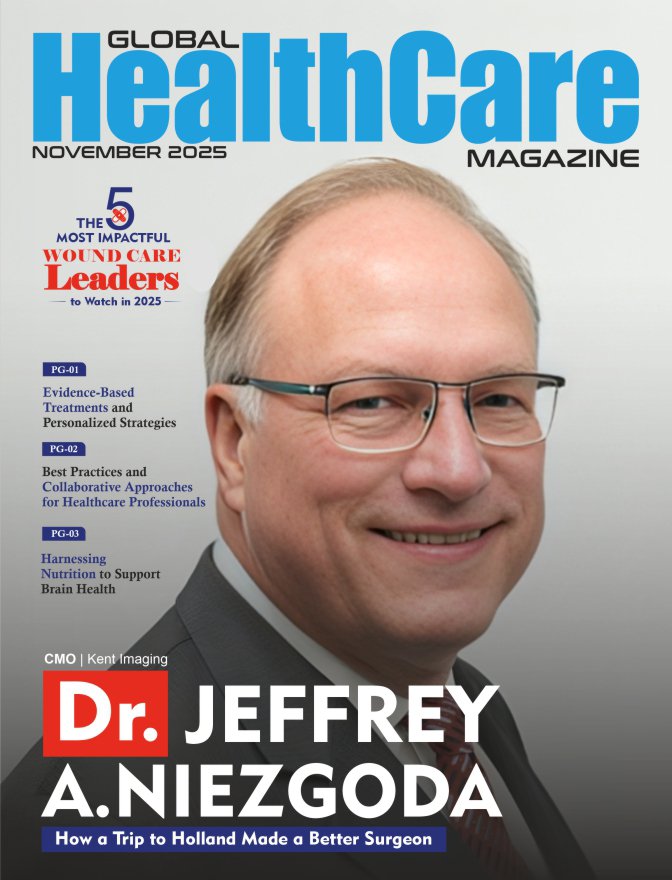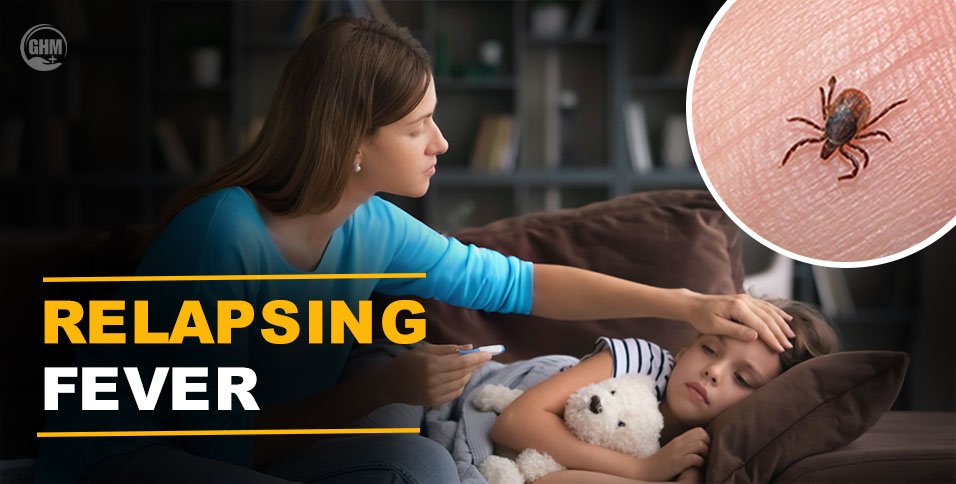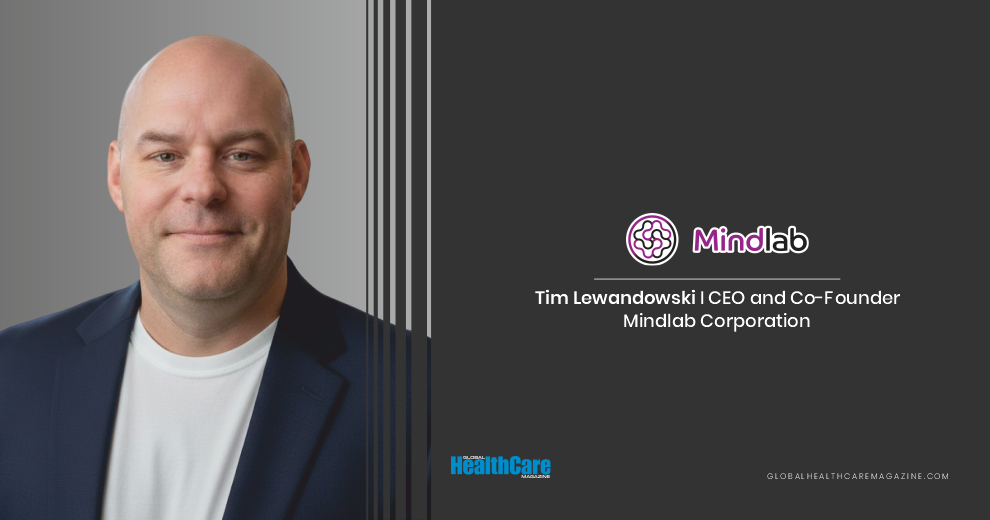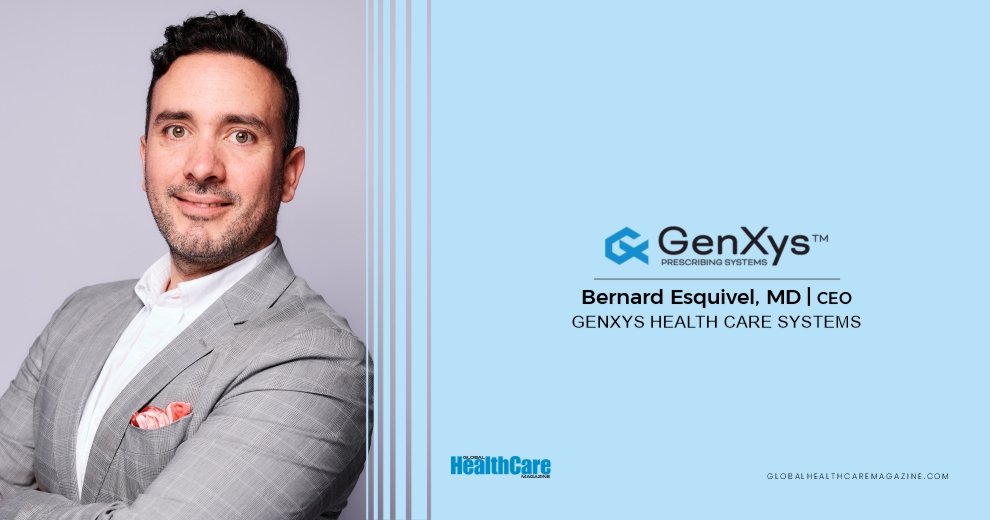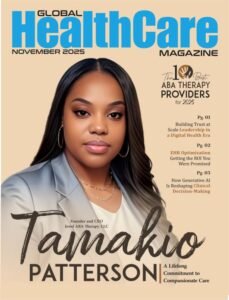- Dr. Marc Rothman is changing how we see and handle dementia with Lizzy Care’s cutting-edge technology, 24/7 support, and data-driven decision-making to bring new hope to families.
- Lizzy Care delivers tailored plans, easy-to-use tech, and expert companions who keep patients active and engaged, making life easier for families and reducing caregiver burnout.
- Through the Dementia Spring Foundation, Dr. Marc encourages the use of art to bring joy and connection to those with memory loss, proving there’s always room for creativity along the dementia journey.
“A new era of hope and promise has finally dawned for Alzheimer’s patients and their families,” says Dr. Marc Rothman, CEO of Lizzy Care.
Inspired by family members who have lived with dementia and his 20 years of serving the dementia community as a geriatrician, Dr. Rothman is working hard to change how dementia is perceived and managed in this new era. As the CEO of Lizzy Care, a 24/7 full-service dementia care management company, he is developing the tools, teams, and insights that families need to manage dementia safely at home.
Additionally, as the co-founder of the Dementia Spring Foundation, a nonprofit that supports arts programs for those with memory loss, Dr. Rothman is injecting creativity and joy into the dementia journey—two essential tools for surviving that long road.
With 7 million Americans now living with Alzheimer’s disease, the need for tools and solutions that help families navigate dementia care safely at home has never been greater.
Global Healthcare Magazine recently spoke with Dr. Rothman—or “Dr. Marc,” as his patients call him—about utilizing technology and people to meet the needs of those living with dementia and their families, approaching dementia care at home, and harnessing creativity to foster community and hope.
GHM: You’ve spent over 20 years in the field of geriatrics, witnessing the progression of Alzheimer’s disease and dementia care. How has your perspective on and the way you deliver care for these conditions evolved over time?
Dr. Marc: When people think of Alzheimer’s disease and dementia, they often associate it only with pain and despair. But for me, the word “dementia” evokes thoughts of family, community, endurance, and—most importantly—hope. We’re in a new era where discussions of prevention and even a cure are happening openly. This kind of conversation was unheard of 20 years ago.
For far too long, Alzheimer’s disease was a topic people avoided. Families were reluctant to share their stories, doctors didn’t invest much time in a disease with few diagnostic tests, and even fewer treatments. But I always knew that dementia would one day take center stage. Thankfully, that time is now! Today we use data to foresee and avoid crises, care navigators to guide families, and technology to provide 24/7 support.
There is no doubt that most dementia care happens at home, and as a geriatrician, I specialize in delivering care in non-traditional settings—whether it’s a family living room, a nursing home, or a hospice unit. This approach means we spend more time with caregivers who also need our help.
GHM: How do you see these conditions impacting families and the healthcare system over the next decade?
Dr. Marc: Like many, my family has been personally touched by dementia, so I think about the impact on families all the time. My Uncle Allen, ever the optimist, bravely battled vascular and fronto-temporal dementia. Despite his struggle, he’d always say, “You’re good!” even as he checked his watch every few seconds for reassurance. And, my Aunt Sandy has been living with Alzheimer’s disease for nearly 20 years, with her husband, Ira, serving as her full-time caregiver. This is a role that more and more men find themselves in.
Today, over 7 million Americans live with Alzheimer’s disease, the most common form of dementia, and 11 million caregivers provide support for them. This role overwhelmingly falls to women, who often juggle this support with care for their own children. In terms of the prevalence of the disease, women, minorities, and injured veterans are also more likely to be diagnosed with dementia.
About 50% of people with dementia receive a formal diagnosis, and even fewer are diagnosed at the earlier stages. However, this will change as more drugs are approved for early-stage disease. This also means we can expect the number of people with a diagnosis to grow significantly in the coming years.
On the workforce side, the challenge is significant. It’s estimated that we’ll need an additional 1 million direct-care workers over the next 8 to 10 years to meet the demands of this growing population. This presents a real challenge for hospitals, health systems, and families who are looking to hire, train, and deploy professional caregivers across all settings.
GHM: Lizzy Care has established itself as a leader in dementia care. Can you share the story behind its creation and what makes it unique in the field?
Dr. Marc: Lizzy Care was born from the experiences of parents, playgrounds, and purpose. My co-founders, Ollie Fielding, Sarah Gorenstein, and I, all had parents or grandparents affected by dementia. We met through mutual contacts on the playgrounds of lower Manhattan. Lizzy Care was created with a shared purpose: to inspire hope, improve lives, and become the gold standard for high-quality dementia care at home.
At the heart of Lizzy Care are our core values—People, Trust, Creativity, Excellence, and Ambition. These guide everything we do.
We offer comprehensive support for families navigating the dementia journey, from the earliest to the latest stages. This includes 24/7 access to aging and geriatrics experts, in-home support from companions, caregivers, and other providers, and technology that facilitates communication and generates data for better decision-making. Our goal is to improve communication and coordination and prevent predictable crises before they happen.
GHM: What sets Lizzy Care apart from other dementia care providers and platforms that families might encounter?
Dr. Marc: At Lizzy Care, we’re there every step of the way, supporting those living with dementia and their families through the entire journey.
We don’t just step in to answer one question or to solve a single crisis—we stay with families from start to finish, from diagnosis to, if needed, the end of life. Our care plans are comprehensive and tailored to each individual.
Our technology platform is another standout. It’s easing the burdens on caregivers that often lead to burnout and giving families peace of mind with regular updates on their loved one’s care. The platform also generates data that helps Lizzy Care track progress, anticipate crises, and prevent common but avoidable complications of dementia. It lets us react faster to any new situations or events, and ultimately helps families keep their loved ones at home for longer.
We also offer specialty-trained companions who help families combat the loneliness and boredom that often come with dementia and Alzheimer’s disease. By engaging patients in activities, hobbies, and interests they enjoyed before their diagnosis, we keep them active and connected to their communities. This also provides much-needed respite for caregivers, who are often overwhelmed and exhausted.
GHM: Can you share how your partnerships and the use of artificial intelligence (AI) are shaping the future of care delivery?
Dr. Marc: We are partnering with innovative practice groups on a new dementia care management model from the U.S. Centers for Medicare & Medicaid Services (CMS) called GUIDE. Watching these pilots evolve into broad, impactful outcomes for patients and families nationwide is something I’m particularly excited about.
AI is also playing a crucial role in our work, but we’re introducing it gradually, selectively, and safely. The goal is to help deliver faster, more efficient care when families need it most. And, with remote patient monitoring devices in the home, we can use AI to interpret the signals and drive the next best action for our care teams.
GHM: In addition to serving as the CEO of Lizzy Care, you also founded the Dementia Spring Foundation. Could you provide more details on this?
Dr. Marc: The Dementia Spring Foundation is a 501(c)(3) nonprofit that provides grants, technical expertise, and marketing support to artists and arts organizations. We focus on using the arts to raise awareness, inspire creativity, and engage with the dementia community.
Since our founding in 2020, we’ve built a network of over 325 artists and arts programs globally. Every week we host Spotlights on our website showcasing their work. And, every year, we provide grants to innovators who are harnessing creativity and fostering hope in the dementia community.
Our reach extends both in-person and online. Our grant recipients amplify that impact even further. For example, the Day By Day Project expanded its music and dance therapy program to every long-term care facility in rural Monroe County, Ohio. Playwright Sam Simon, who has been diagnosed with dementia, wrote and directed the stage play Dementia Man, which will reach more than 1,000 people this year. On the digital front, Katie Mathews’ short film Dark Moon has been downloaded over 27,000 times on Vimeo.
GHM: Being at the helm of both companies, how do you balance the business side with your passion for creative, community-driven solutions?
Dr. Marc: Dementia is my professional passion, so I feel fortunate to dedicate my skills to it every day. Lizzy Care and Dementia Spring are, in many ways, two sides of the same coin—or perhaps, the left and right brain of my dementia journey. One focuses on clinical impact, growth, and technology, while the other embraces the creative and artistic aspects of care.
At Lizzy Care, my primary role as CEO is to listen closely to clients and families, identify their needs, and help my team exceed their expectations. I set a strategy but remain flexible, ready to course-correct as we gather new information. Building a great company that serves families and patients directly is a challenge, both operationally and financially. Healthcare in the U.S. has become fragmented, so keeping everyone aligned with a common purpose is critical.
Financially, the return on investment for services like ours is often lower than for pure technology-based businesses. That’s why it’s crucial to enlist support from finance and accounting teams—to ensure we combine “doing good” with “doing well” for the company over the long term. This provides the focus necessary to allow organizations to make a positive impact. Without it, you are constantly chasing the next hot trend.
GHM: Dementia is often a difficult topic for families to address. How is your work at Lizzy Care and Dementia Spring helping to guide families through these challenging conversations and break the stigma?
Dr. Marc: At Lizzy Care, we don’t shy away from the difficult conversations families need to have, like dealing with denial, accepting help in the home, and prioritizing dignity and comfort in the later stages of the disease.
Families shouldn’t be expected to lead these conversations alone. Sometimes, simply saying what everyone is thinking but afraid to voice can bring people together in ways they didn’t expect. In my experience, most families are scared but united in their desire to do what’s best for their loved ones.
In my view, the stigma, shame, and fear around dementia are finally starting to lift, thanks in part to the work we’re doing at Dementia Spring. It’s similar to what we saw with cancer and heart disease—when people hear their conditions named aloud, like the “A” word or the “D” word, they realize they aren’t alone. They see that there are resources and tools to help them not only survive but thrive.
GHM: Is there anything else you’d like to share with our readers?
Dr. Marc: It’s crucial for families facing memory loss, dementia, or Alzheimer’s disease to understand that they are not alone. These challenges affect nearly everyone, but there are tools, resources, and technologies—along with some promising therapeutics—that can help ease the burden. These solutions don’t just alleviate stress and strain; they also combat the isolation and boredom that often seem inevitable but don’t have to be.
There is hope for joy, laughter, and meaningful days ahead.
Quotes


